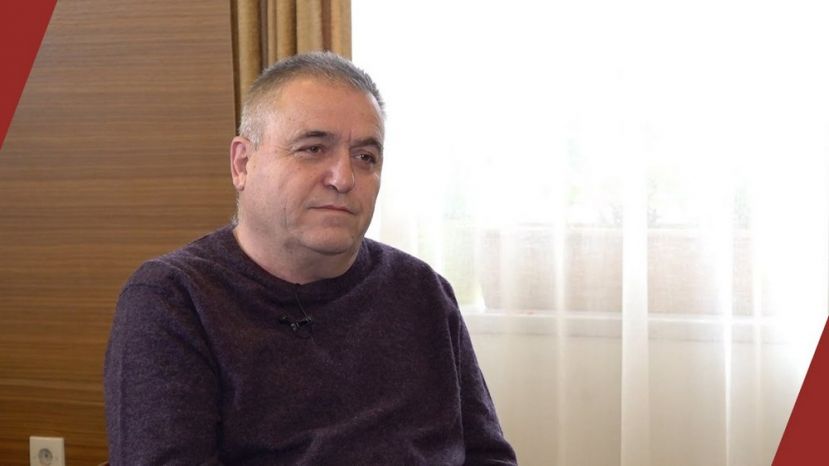RUSSIAN REALITY AND WESTERN "OPPORTUNITY"
Vahram ATANESYAN
The situation in eastern Ukraine is "close to critical". Yesterday, US Deputy Secretary of State Victoria Nuland stated that "negotiations have reached a deadlock and the United States is ready to intervene." - The Donbas settlement process has a history of about seven years. The Western world is involved in it, represented by France and Germany. The other two sides of the so-called "Norman Quartet" are Russia and Ukraine. Representatives of the breakaway regions are formally involved in the negotiations. There are "Minsk agreements". These are, first of all, technical: ceasefire, removal of heavy armor and missiles from the line of contact, exchange of prisoners and hostages, as well as the OSCE observation mission in "crisis points". Politically, the "Minsk Agreements" do not presuppose the partition of the Donbas or the holding of a status referendum. The principle is the establishment of a "special form of government", which should take place with the adoption of the relevant law by Ukraine and the election of self-government bodies in the breakaway regions. Ukraine has not fulfilled those obligations and is not going to fulfill them, seeing in it a "threat of federalization" of the state. According to the Western perception, the conflict is between Russia and Ukraine. The United States and the European Union, as a guarantee of the start of the settlement process, consider the restoration of the Russian-Ukrainian interstate border in that area and the establishment of customs control as a de facto declaration of recognition of Ukraine's sovereignty and territorial integrity. Russia believes that such an agreement should be reached by Kiev through negotiations with Donetsk and Lugansk. Russia also has serious disagreements with the United States and the European Union over Georgia. 2008 After the five-day war, after Russia recognized the independence of Abkhazia and South Ossetia, the so-called "Geneva platform" was formed, within the framework of which Russia and Georgia hold regular consultations through the mediation of Switzerland. Russia's official position remains unchanged. The independence of Abkhazia and South Ossetia is out of the question, Georgia claims the exact opposite: Russian-Georgian relations can be normalized if Russia "withdraws the acts of recognition of the independence of Abkhazia and South Ossetia." In recent days, Russian expert circles have revived the topic of "pro-Western orientation" in Armenia. There is an impression that with the Armenian-Azerbaijani demarcation, "Pashinyan seeks to exclude the threat of resumption of the war, and the Nagorno-Karabakh settlement to be transferred to European platforms." Apparently, we are dealing with a political position. The problem is complicated by the fact that in the case of Moldova, Georgia and Ukraine, the United States and the European Union unequivocally support the territorial integrity and absolute sovereignty of those countries. It is not ruled out that the European Union, which initiated the meeting of the Prime Minister of Armenia and the President of Azerbaijan on December 15, will come up with new proposals on the Nagorno-Karabakh conflict. In the case of Ukraine, Georgia and Moldova, as opposed to the West, Russia seems to be guided by the principle of "partial recognition of the breakaway regions" or the prospect of "further integration" of Transnistria, Donbas, Abkhazia and South Ossetia if Moldova, Ukraine and Georgia continue to pursue European policies. The situation is extremely sensitive. NATO Secretary General Stoltenberg has stated that Russia "can not have its own spheres of influence." In the foreseeable future, the substantive establishment of the "Turkish world" as an independent military-political structure is unrealistic. Azerbaijan probably even avoids Russian-Turkish agreements on the Nagorno-Karabakh conflict. The very tough stance of the United States and the European Union towards Russia, it is logical to assume, will push Ilham Aliyev to European platforms. He will focus his diplomatic efforts on applying the principle of "inviolability of territorial integrity" also in the case of Azerbaijan and Nagorno-Karabakh.

